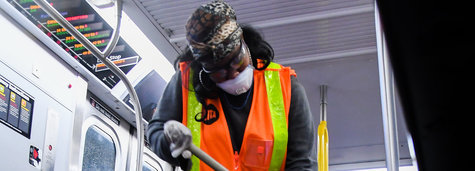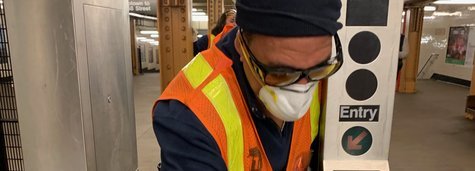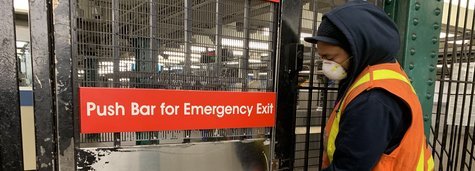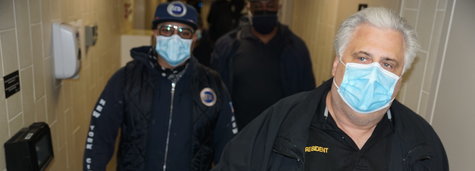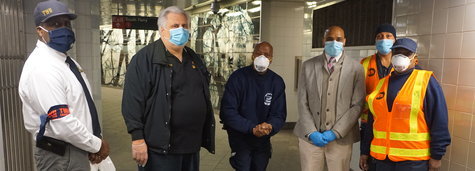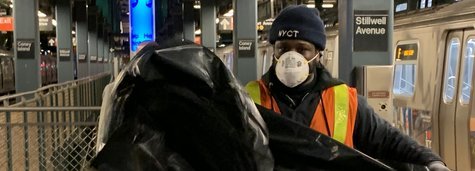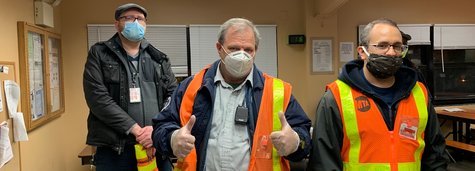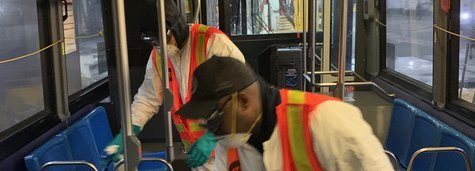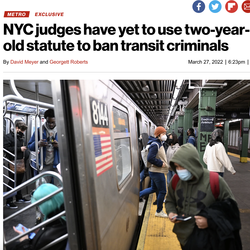Transit Ban Law Should Be Implemented
State law enables judges to ban subway perverts and riders who attack transit workers from the system for up to three years – but they haven’t imposed a single ban since the law was passed in late 2020, The New York Post reported Sunday evening. TWU Local 10O President Tony Utano gave the following statement and information to the NY Post for its report:
Authorities should set transit bans or impose restrictions, at the very least, in the most egregious cases.
“We will gladly plaster the system with their photos and call the cops if we see them entering their home station or boarding their local bus,” Utano said. “If a ban, or the threat of a ban, deters even just one assault against a transit worker, one attack against a rider, then it’s worth it.”
Critics contend that a ban is unenforceable. While it’s true that someone who is banned can sneak back into the system, but they would be aware of the risk. If caught, they could get into even more trouble, possibly fined or jailed. For example, a driver who loses his or her license for driving drunk can get behind the wheel of a car and drive. No one is going to see that person start the engine. But that driver would be taking a big risk if caught.
Bans were possible even before the law. Local 100 pushed prosecutors to include a partial transit ban on an unhinged, terminally ill man who stabbed a conductor in Harlem in 2019. He was only allowed to use the system if going for cancer treatment.
Years ago, state parole officials working with the NYPD Transit Bureau ensured that subway criminals with extensive rap sheets for preying on subway riders had subway bans imposed as a condition of their state parole. Police officers studied mug shots of the worst offenders and could recognize them if they saw them. In 2002, there were at least eight career subway criminals with bans or restrictions imposed by parole officials.
“If that’s no longer happening, then authorities should revive the tactic,” Utano said. “It’s common sense.”


